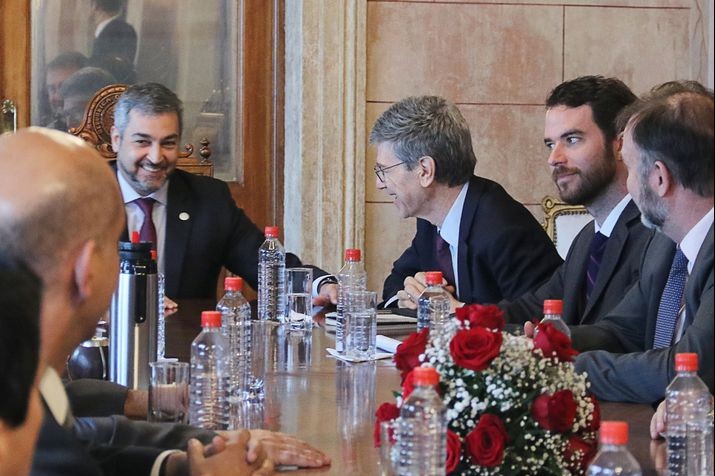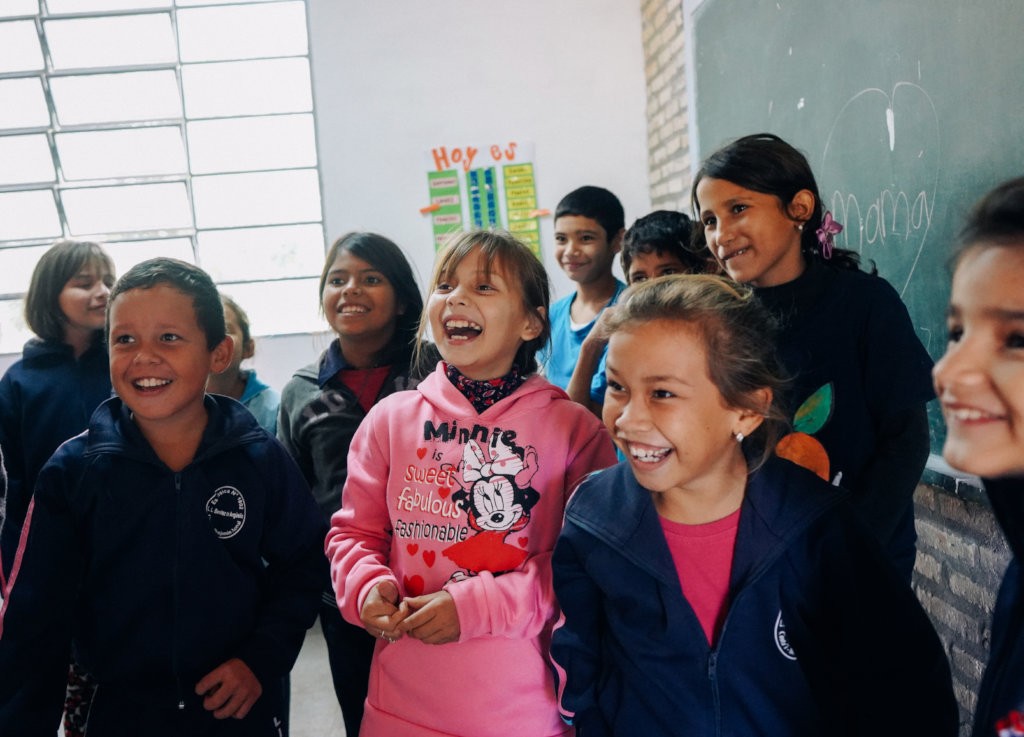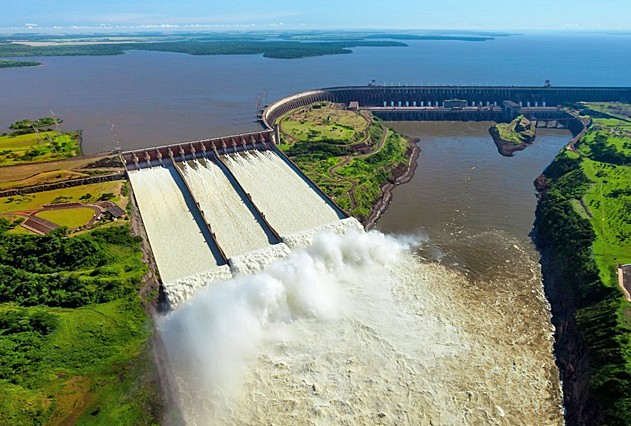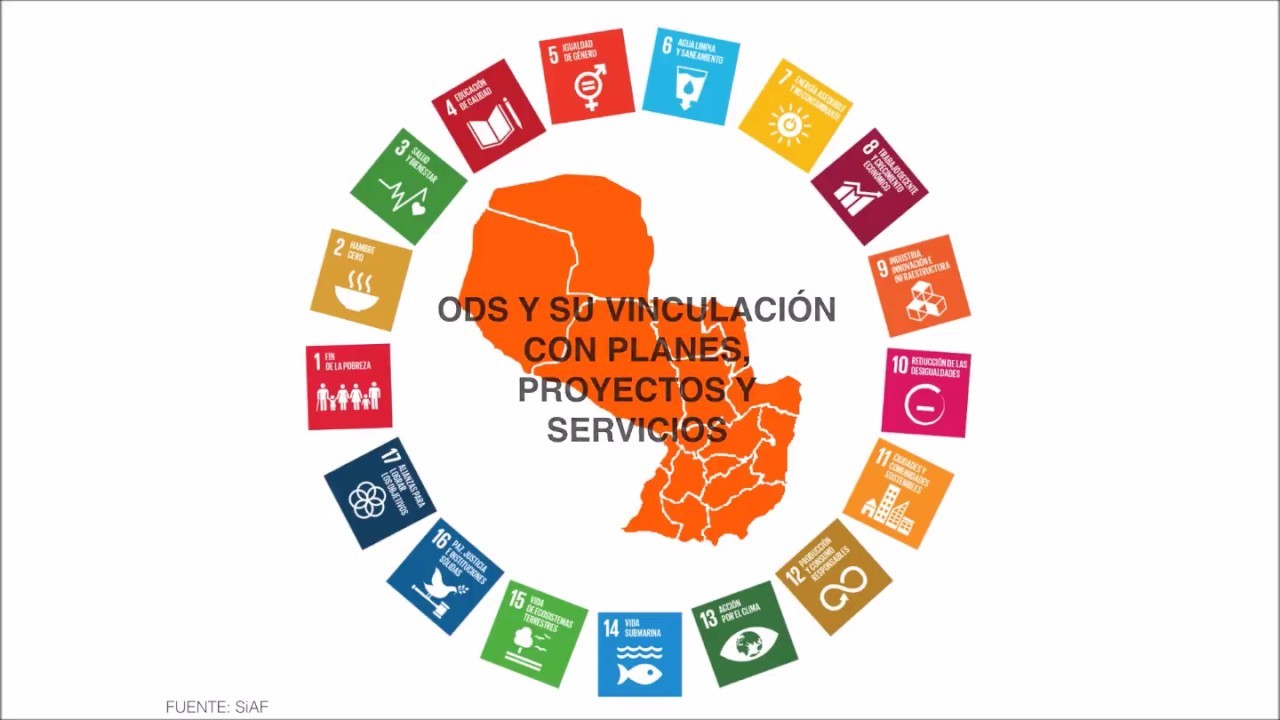This project was terminated in 2022.
The Center for Sustainable Development is working with the Government of Paraguay to promote social, economic, and environmental policies and practices in the country. In the social sector, CSD is working with Paraguay's Ministry of Education to design and implement a nation-wide education reform towards 2030. Paraguay is also actively working towards a carbon-neutral economy, transforming its energy sector and leveraging its hydroelectric resources towards a 2050 fully carbon-neutral economy. CSD is also collaborating with the country's national government on its ongoing fiscal reform, which explicitly aims to close the existing SDG financing gaps in Paraguay.




